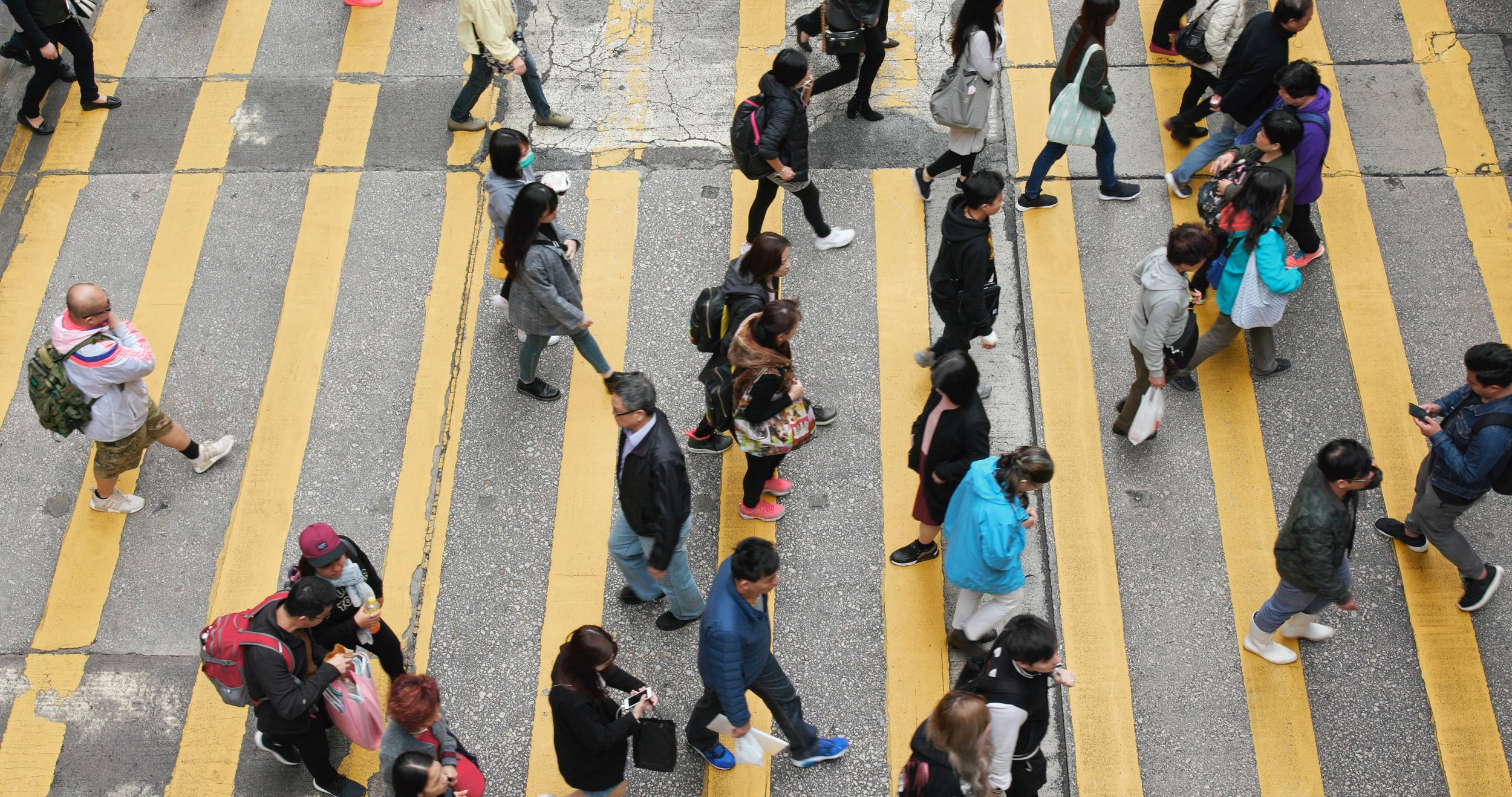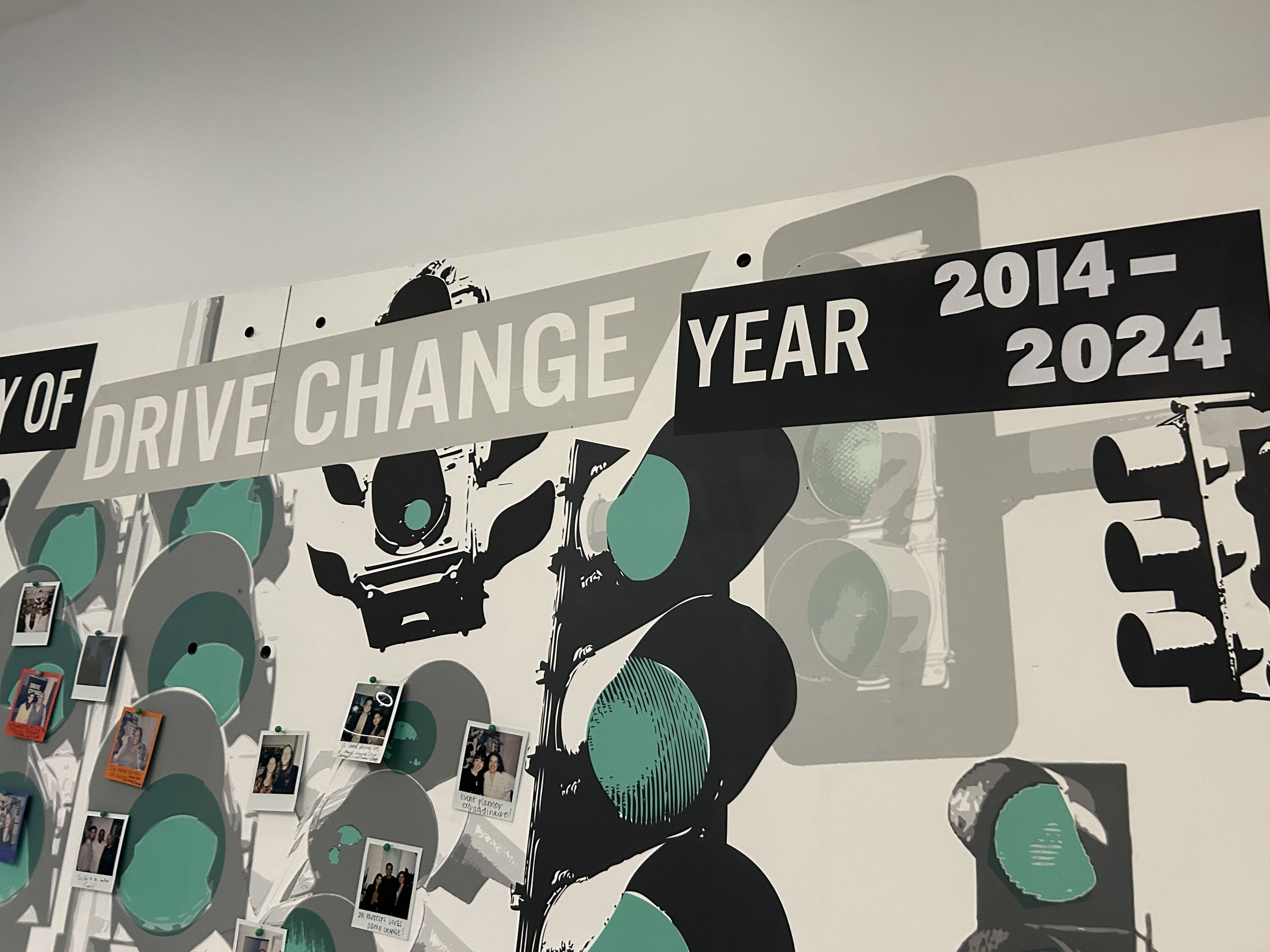BLOG
Institute Intelligence
Insights, case studies, news, and updates from ISLG’s good governance research and action.
Using Action Research to Transform Probation
Action research is a form of inquiry that emphasizes collaboration between researchers and practitioners to solve real-world problems. CUNY ISLG intentionally chose this model for probation reform to maximize the relevance and applicability of Reducing Revocations Challenge research to conditions on the ground, and ensure practical solutions that could drive real change.
Looking Beyond Rhetoric, Data Show Efforts to Create a More Just Criminal Legal System are Working – Safely
These findings provide evidence that advancing equitable and thoughtful criminal legal reform is possible without compromising safety to the community.
Meet CUNY ISLG’s 2024 Public Policy Pathways Interns
The PPPI brings together students from across CUNY schools, fields of study, and degree programs to be a part of the work CUNY ISLG researchers, policy administrators, data scientists, and budget experts are doing in New York City and across the country.
Safety, Justice & Research: Tapping into a Decade’s Worth of Criminal Legal Reform Research
In 2023, we began leading an entirely new work stream in partnership with the MacArthur Foundation and its affiliates to review and summarize lessons learned from across SJC-funded research projects and initiatives. The goal of this SJC synthesis work is to tap into our unique bird’s eye view to identify issues within the SJC research priorities that inform our work and the field at large.
Achieving Racial Equity and Improving Culture in Jails Using a Community-Engaged Quality Improvement Process
As part of its efforts to lower jail populations across America and address racial disparities in the criminal justice system, the Safety and Justice Challenge recently funded a project examining racial disparities within a county jail. The resulting report presents an approach that can build greater racial equity within jail settings.
Drive Change: Building a More Just Hospitality Sector
Based in Brooklyn, Drive Change is connecting system-involved young people with career pathways in the food industry, while also seeking to change how that industry operates, representing a step forward and a model for the field.
WATCH: Criminal Legal Reform in New York, Five Years In
The talk series brought together researchers and on-the-ground stakeholders from across the criminal legal field—including advocates, prosecutors, defense attorneys, judges, and service providers—to reflect on New York’s sweeping changes to its criminal legal system, five years after the legislation has passed.
How Long People Stay is the Problem
Over the past two decades, the average length of stay in New York City jails has increased 136%, from a low of 44 days among those discharged in FY 2001 to 104 days in FY 2023. While much of the blame for this increase has been placed on the COVID pandemic — and certainly the pandemic exacerbated issues, as it did around the country — that is far from the whole story here.
What Jail Population Projections Tell You About a Government’s Aspirations
Put another way, if policymakers smartly address the underlying forces that shape admissions and length of stay, they can not only predict future jail populations, but help control them.
Empowering Women to Reach Career & Education Goals After Incarceration
College and Community Fellowship’s (CCF) Build-Out of Students Services (BOSS) project provided formerly incarcerated women in New York City with educational and employment services to help them overcome financial and, for some, caregiving obstacles.
Pell Grants for Incarcerated Students are Only the First Step: Remaining Gaps & Recommendations for Uplifting System-Involved Students
For reentering individuals, the financial burden of pursuing and completing higher education programs begun in prison can be substantial and prohibitive. When surveyed, CIP students (N=114) identified several financial challenges that they anticipated would interfere with returning to school in the community.
Equitable Prison Education Begins with In-Person Instruction
Like other institutions of higher education, College-in-Prison Reentry Initiative (CIP) education providers were faced with shifting from in-person to fully remote coursework with the onset of the COVID-19 pandemic in March 2020. Although grateful for the opportunity to continue classes, students and faculty alike described remote coursework as inferior to in-person instruction.












